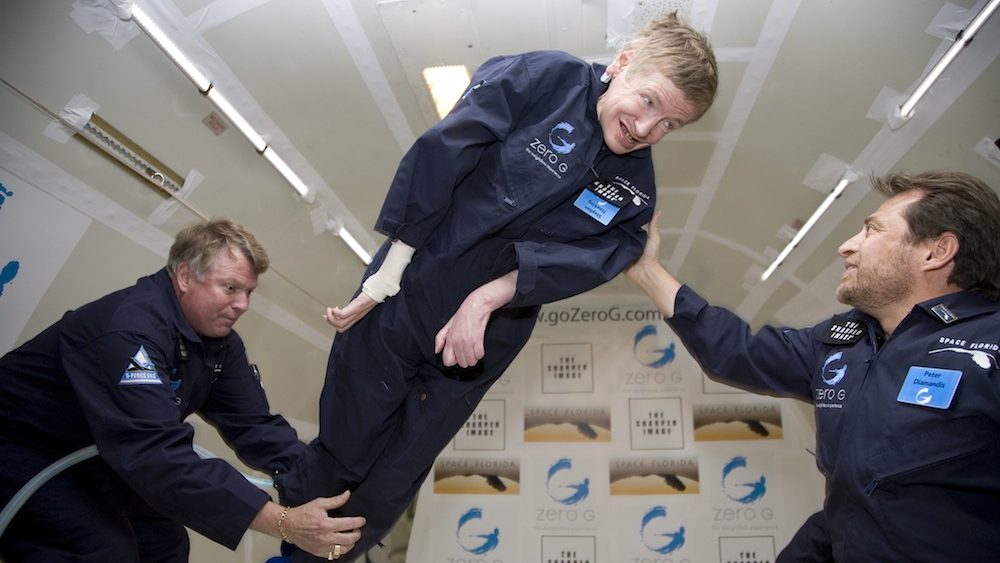Wolfram Alpha had essentially been in the works for 25 years, but the time wasn’t right until last year to unveil it to the public.
Question: What have you learned from the first year of Wolfram Alpha?
Stephen Wolfram: Wolfram Alpha has been out and about in the world for a little over a year now. It was a big sort of issue when we would actually sort of launch the thing for the first time because it’s learning more and more. It’s knowing about more and more different areas. It’s able to do more and more sophisticated things. We knew there was sort of a curve of increasing capability, but the reason we launched when we did was basically we had… we had exhausted what we could figure out about how people would interact with it and so on from sort of static sort of in vitro tests so to speak, so we really had to expose it to the world and see how people actually interact with it, particularly things like how people choose to talk to it so to speak, what kind of linguistic forms they choose to use as the input to ask the questions they want to ask and so on.
So, over the first year I think the main thing we’ve discovered is that the basic idea of delivering computable knowledge, having an engine that delivers computable knowledge, the basic idea works. It’s very encouraging. It’s a bit technology stack, a lot of work. It’s kind of for us it’s sort of a technology stack that we’ve been working on for nearly 25 years now that’s made it possible to do this. You know: this is the right decade. We can actually do this now.
In terms of what we see as sort of a pattern of usage where people start using Wolfram Alpha and they go on using Wolfram Alpha. And there are people who are doing for sort of some kind of tourist recreational kinds of things, but the vast majority are people who need to use it for some professional, educational sort of factual content kind of purpose and we see people kind of starting off discovering you can do a particular kind of… you can ask a particular kind of question. You can do a particular kind of computation with Wolfram Alpha and they’ll go on doing it all the time, every day, many times, because that is something that is used in their profession or whatever else.
The thing we’re doing sort of in the world in general we kind of held back on really sort of promoting Wolfram Alpha as a general thing that everybody should use until we had kind of let the thing advance as much as we could and you know one of the main things for us is that we watch how people interact with Wolfram Alpha and we use that information to make Wolfram Alpha better. That is sort of a critical feedback loop that we have in the system. And so I think we’re just about now, last few months we’ve really felt we’ve gotten to the point where we look at very concrete metrics like what fraction of queries that come into Wolfram Alpha can be answered first time and that is hovering right now around 92%, 95%, that kind of thing. So that is... for us that is a really good number and it means that when people go to the site they’re typically going to find something useful really quickly.
So we’re sort of ready to really push Wolfram Alpha to be kind of a ubiquitous source for computable knowledge on the Web and elsewhere and you’ll see Wolfram Alpha showing up in all sorts of different places, whether it’s we have a deal that is announced with Microsoft and Bing where Wolfram Alpha is being used as something inside the Bing system giving results for particular kinds of queries for the Bing search engine. And there are a whole bunch of other places where you’ll start to see Wolfram Alpha show up. Some of them are very direct things very much like the Wolfram Alpha Web site. Some are less direct things where Wolfram Alpha is embedded inside other systems, products and so on. For example, there is one that actually as it happens coming out the day after we’re doing this videotaping tomorrow, which is a thing, a so called widget system where one is able to take Wolfram Alpha and use it to create sort of little web calculators so to speak about a whole range of different topics.
You know what has been true in the past is that one is now able to sort of build a form on the web pretty easily to let one sort of fill in some inputs and press a button and so on, but there has been a difficulty in what does this form connect to, what does it actually compute? Well Wolfram Alpha has this sort of huge collection of computable knowledge, and now we’re able to sort of do what I like to call knowledge-based computing where on is starting not just from sort of raw computational primitives, but instead from this huge sort of collection of knowledge. So one can take this sort of little form that one is created and one can immediately connect it to the computable knowledge of Wolfram Alpha and then get something which computes something useful immediately. And this is something will be available to people to put into blogs and Web sites and all sorts of other things and I think I’ve done it many times. In under a minute you can go from having nothing to having a nice one of these widgets that actually does something dynamic and active for a Web site, so that is another example of where Wolfram Alpha is showing up and there will be a whole sequence of these kinds of things which take the raw technology of Wolfram Alpha. Really Wolfram Alpha it’s first seen as a Web site, but really what it is, is a big technology of kind of knowledge based computing that can deployed in all sorts of different directions.
Recorded July 26, 2010
Interviewed by Max Miller





